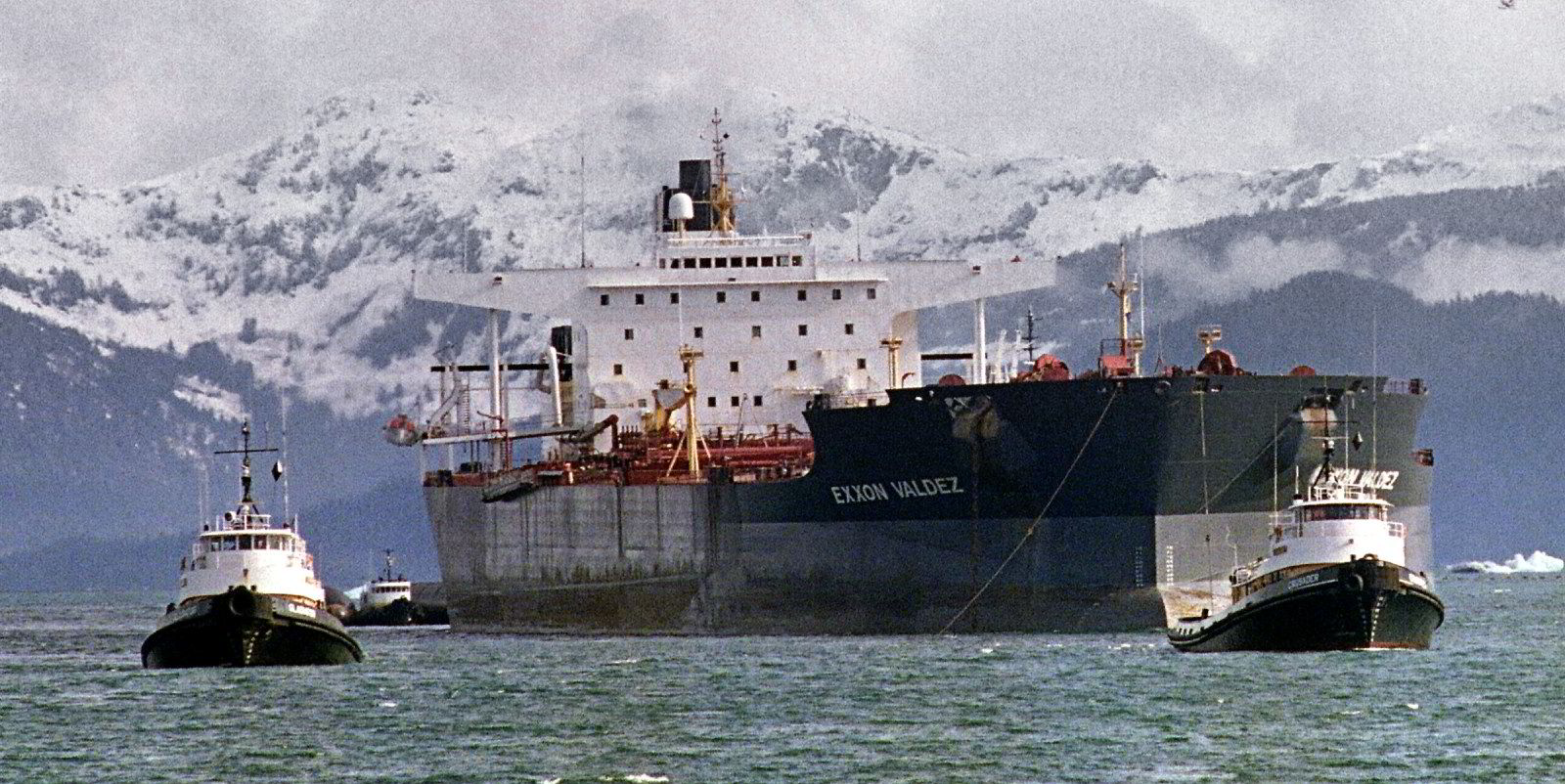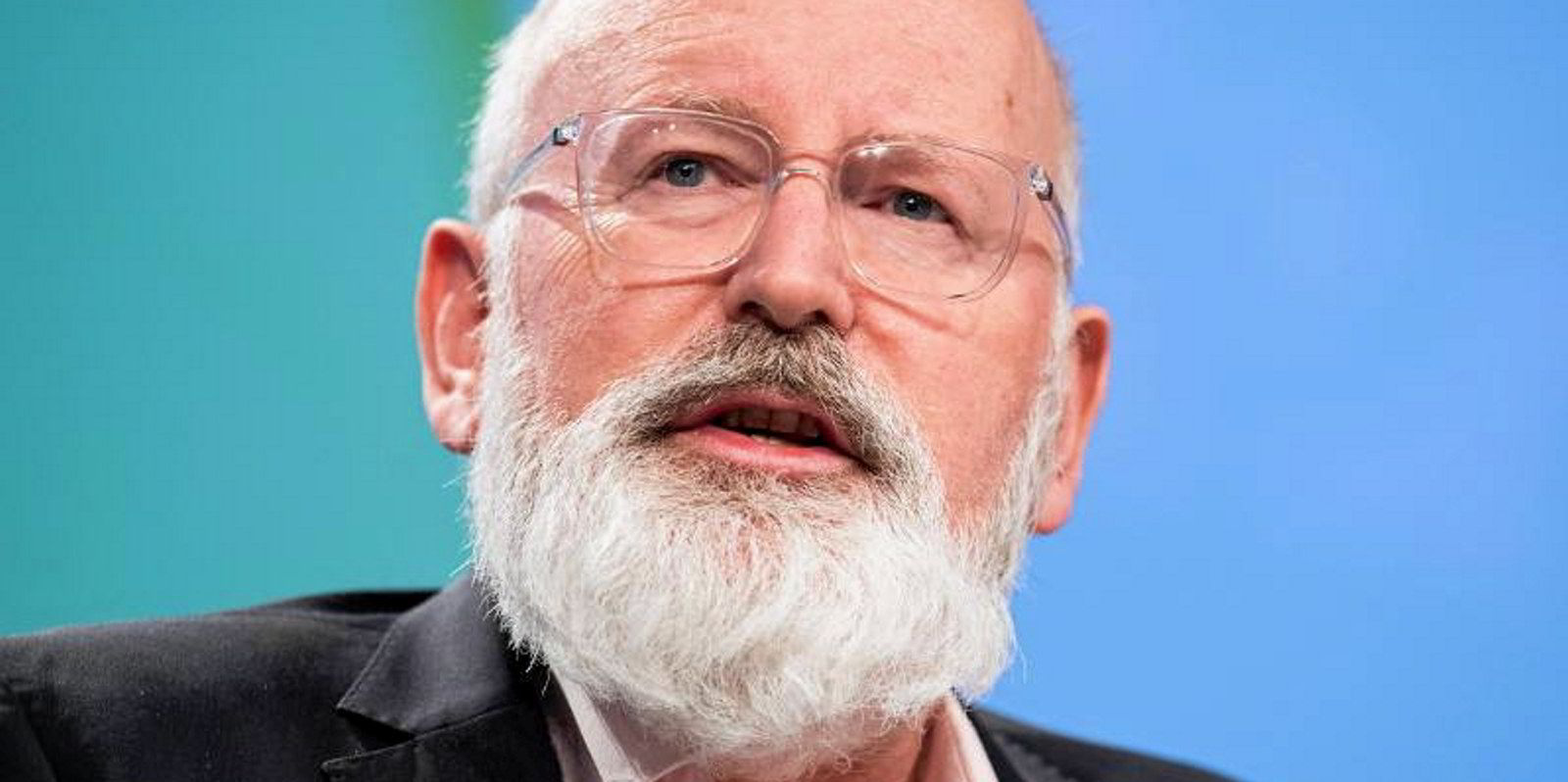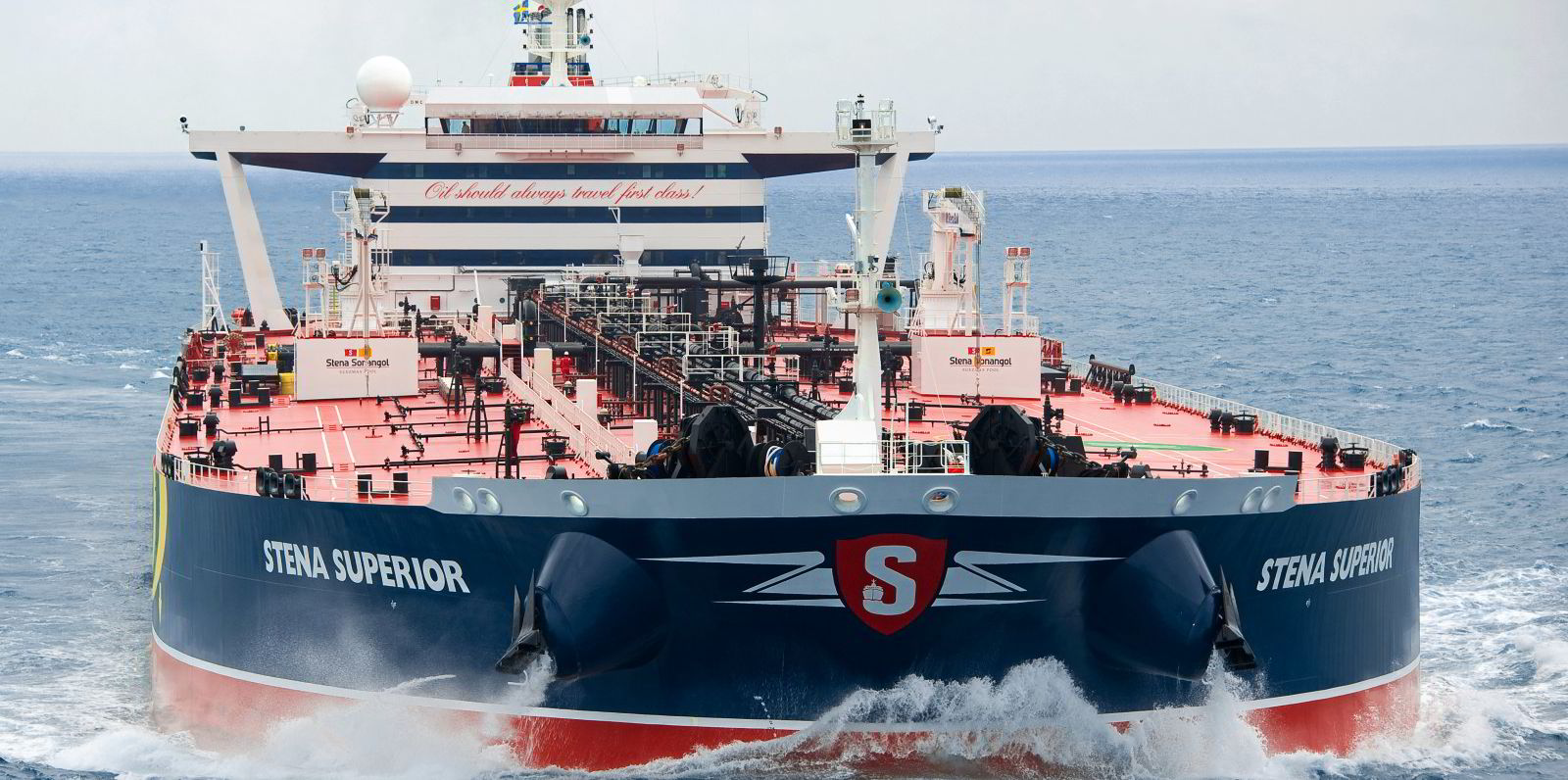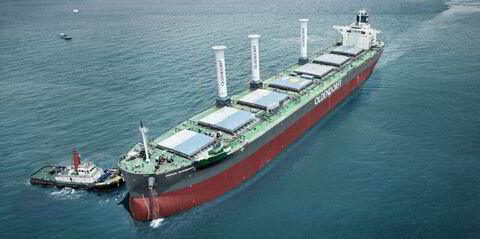For his geography homework, my son recently had to read up on the 1989 Exxon Valdez oil spill. As a shipping journalist, I had extra knowledge to offer him: While the incident was an environmental catastrophe, the legislative response helped reshape tanker shipping. Over time, the phase-out of single-hull tankers eventually made such disastrous spills a comparatively rare occurrence.
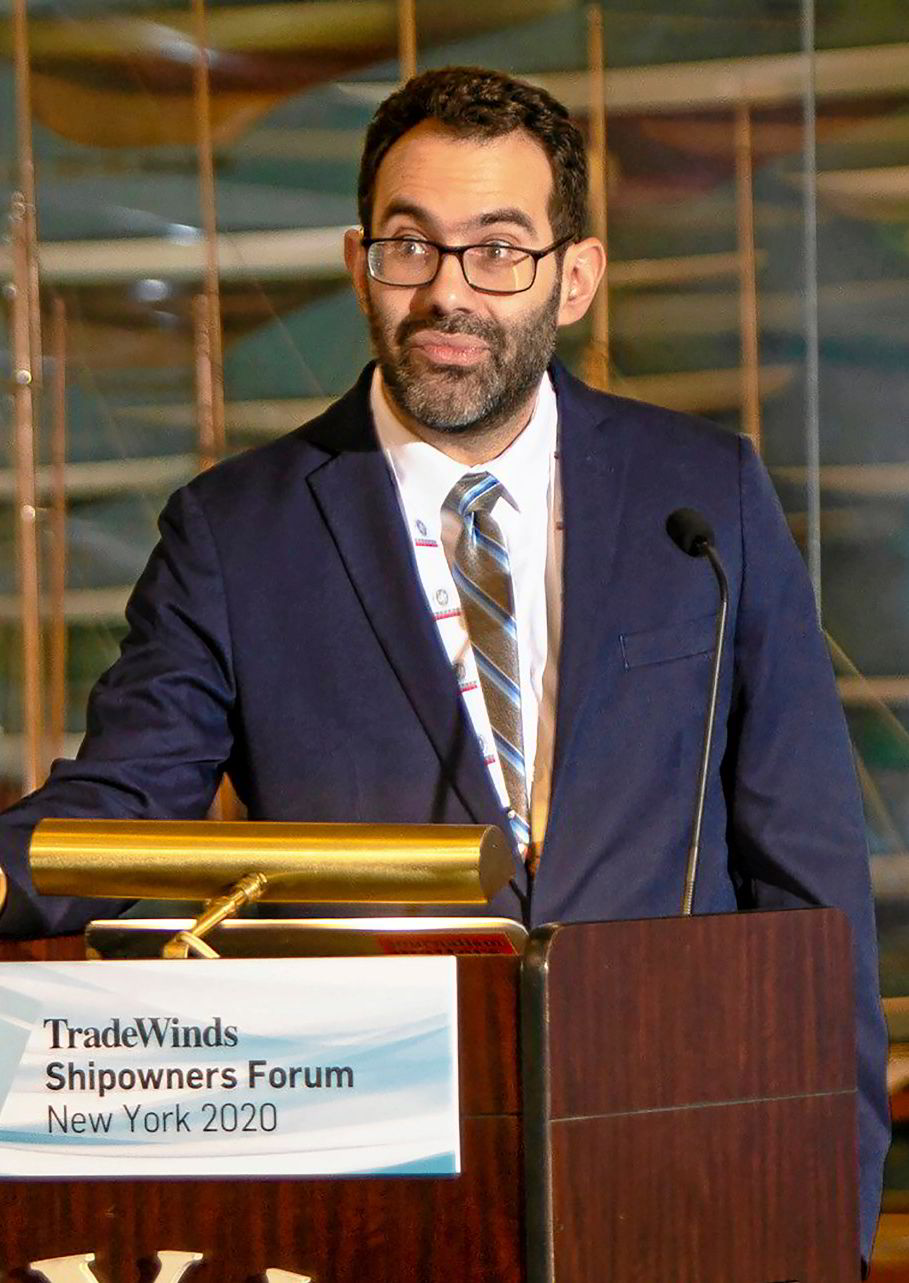
Crude oil is bad for the environment, but investing in the modernisation of dirty tankers proved good for the environment. This is the lesson learned from the Exxon Valdez and other massive spills — the Prestige and the Erica, for example — that helped convince the world to rid itself of single-hull tankers.
But as the financial sector becomes more focused on environmental sustainability, a conundrum has emerged: tankers carry a cargo that will become future greenhouse gas emissions, so should they receive green finance?
At face value, the fortunes of tankers and decarbonisation seem conflicting, but the answer is clear. As long as oil is flowing in seaborne trades, it should be transported in the most environmentally friendly way possible.
And regulators should provide robust rules that spur shipping to take action to clean up its greenhouse gas footprint, but the regulations put forth so far by the International Maritime Organization are tepid and the chances it will set a carbon levy at a meaningful level seem remote.
So that means the market should do more and, by providing finance on terms that rewards shipowners for adopting more sustainable practices and technologies, it provides an opportunity to incentivise companies to exceed the minimum requirements set by regulators.
Carrots for tankers
Tankers are no exception. We want their owners to be incentivised to do more.
But some regulators — the European Union, for example — do not agree.
The proposed EU Taxonomy Climate Delegated Act, which sets out a classification system for environmentally sustainable economic activities, includes shipping in its criteria for what will qualify as sustainable finance.
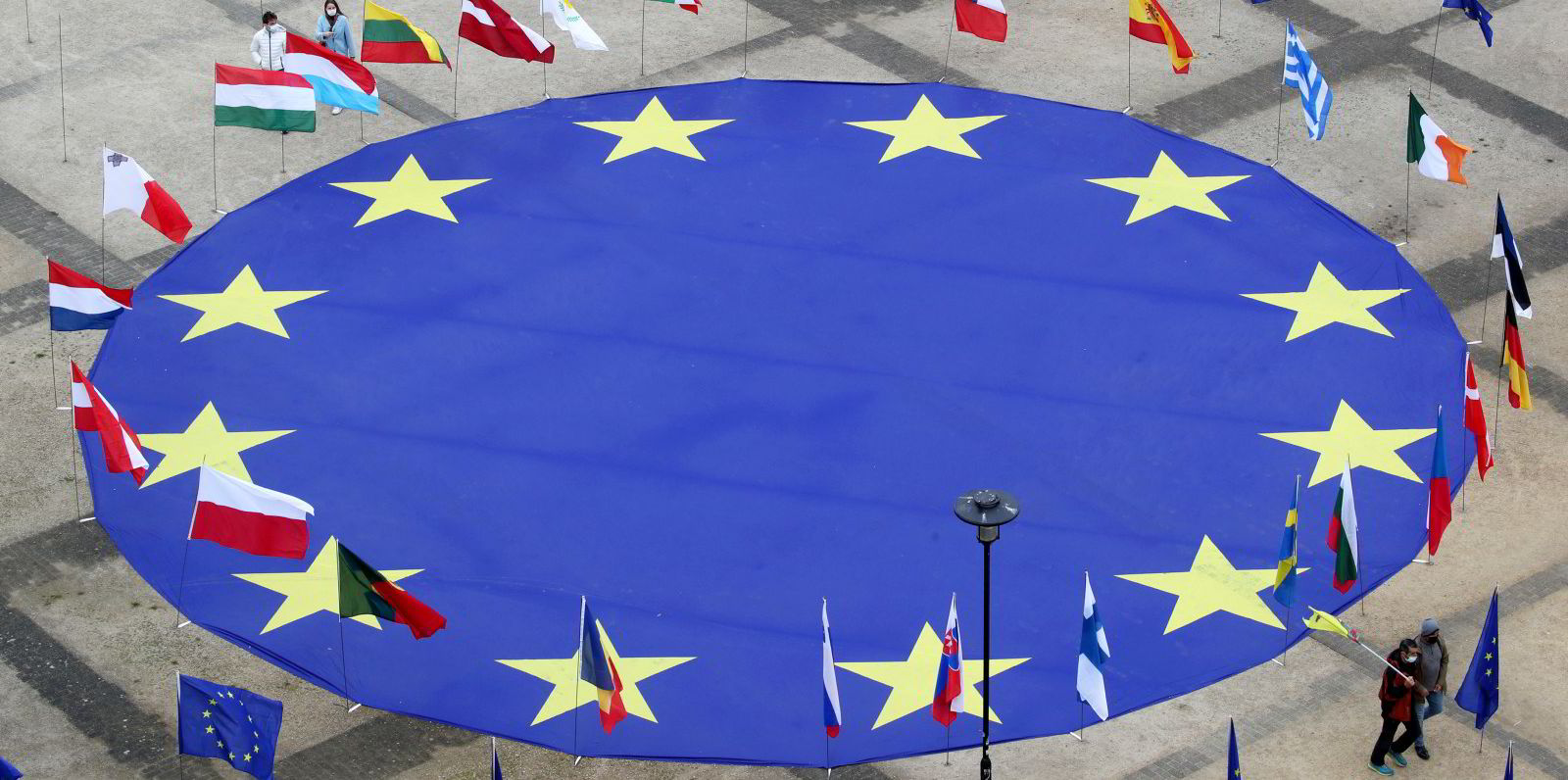
The act is scheduled to be formally adopted by the European Commission this month and, following the green light in the European Parliament, is slated to go into effect at the beginning of next year.
Ships qualify for green finance to install low or zero-carbon technologies, but the legislation's language expressly excludes vessels that "are not dedicated to transporting fossil fuels". Tankers may not get green finance under that language, and LNG and LPG carriers are also out of the definition, according to the proposed rules.
Dirty cargoes
I get it. Fossil fuels are dirty and tankers carry fossil fuels.
Do not get me wrong, I do not share the concern of many in the shipping industry that the EU is charting its own course on shipping's greenhouse gas footprint. Maybe it is the Californian in me, but I am not bothered by jurisdictions setting a higher bar for ships that call on their shores than global rules provide, and I believe it is a good thing that the EU is being more ambitious on greenhouse gas cuts than the IMO.
But the taxonomy legislation is aimed at laying the legal groundwork for private sector incentives for decarbonisation. EU regulators will also not get rid of crude, so ships should have every incentive from the private and public sectors to eliminate their own use of fossil fuels, even when they are carrying them.
Crude is heading for a decline — and sooner than previously thought. Rystad Energy, for example, forecast in April that oil demand will reach its peak of 101.6m barrels per day in 2026 — sooner than its previous projection of a peak in 2028 and its pre-pandemic expectation calling for a peak in 2030.
If the revised projection is true, oil use starts heading downhill just five years from now, due to increased electrification of cars and transport, and other energy transition trends.
But crude's denouement is some way off. In Rystad's mean case, there will still be 50m bpd of oil demand in 2050 — nearly 30 years from now.
This will still require tankers but, as demand for these tankers wanes along with oil, more carrots and sticks will be needed to motivate shipowners to do more than the minimum required under global rules.
